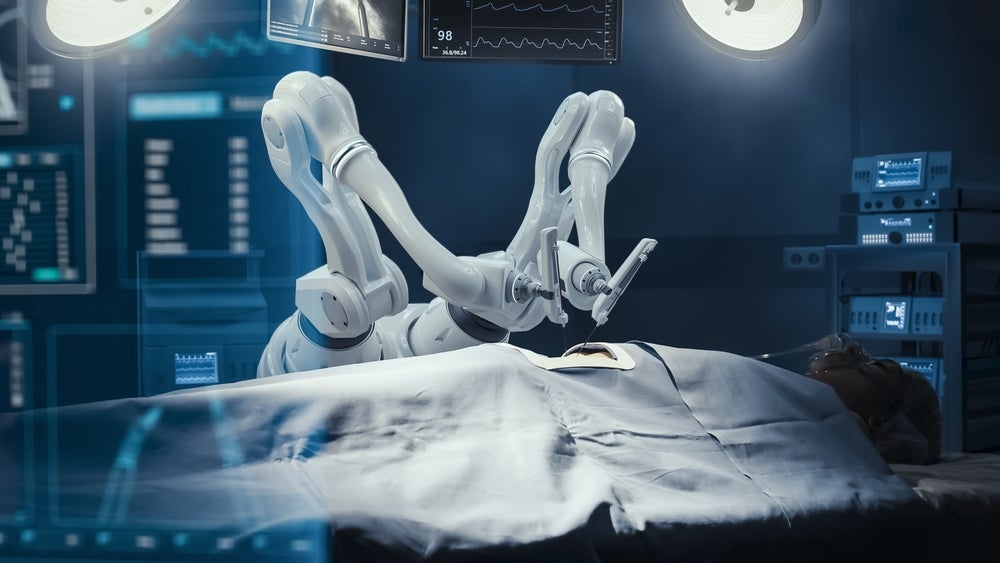US-based cardiac technology company HeartBeam has made significant developments to the artificial intelligence (AI) applied to its vectorelectrocardiography (VECG) technology.
HeartBeam’s core VECG technology captures signals in three dimensions (X, Y, Z) to capture a 3D map of the heart’s electrical activity, translating them into an interpretable 12-lead ECG. The company’s flagship device is HeartBeam AIMIGo, a credit card-sized platform that remains in constant proximity with the patient, generating comprehensive data for AI applications.
The objective of the device is to mimic the decision-making process of physicians, automating the evaluation of patients with cardiac symptoms. The integration of AI into the analysis process aims to enhance diagnostic accuracy.
The company’s strategic move includes the appointment of new leadership and advisory roles, with Mohammed Shokoohi-Yekta, senior director of machine learning, and Lance Myers appointed as chief AI adviser. Shokoohi most recently worked at Microsoft to improve the accuracy of software tools, whilst Myers previously served as head of cardiovascular devices at Verily Life Sciences.
In the announcement accompanying the latest development, HeartBeam CEO Branislav Vajdic said: “By pioneering a user-friendly device that enables frequent 12-lead ECGs over time and by coupling AI with our proprietary VECG technology that can go beyond a 12-lead ECG, HeartBeam is well-positioned to identify nuanced cardiac trends that could ultimately improve patient care.”
HeartBeam was founded in 2015 and has headquarters in California, US. The company won its third US patent for the AIMIGo device last month, with the United States Patent and Trademark Office awarding the company 11 patents in the US and 15 in total.
In October, UK-based Anumana in partnership with Mayo Clinic achieved FDA 510(k) clearance for ECG-AI LEF, an AI-powered medical device designed to detect low ejection fraction (LEF) in patients at risk of heart failure.
According to GlobalData analysis, the approval of Anumana's ECG-AI LEF marks a significant advancement in healthcare by addressing a critical need for early detection of heart-related issues.















